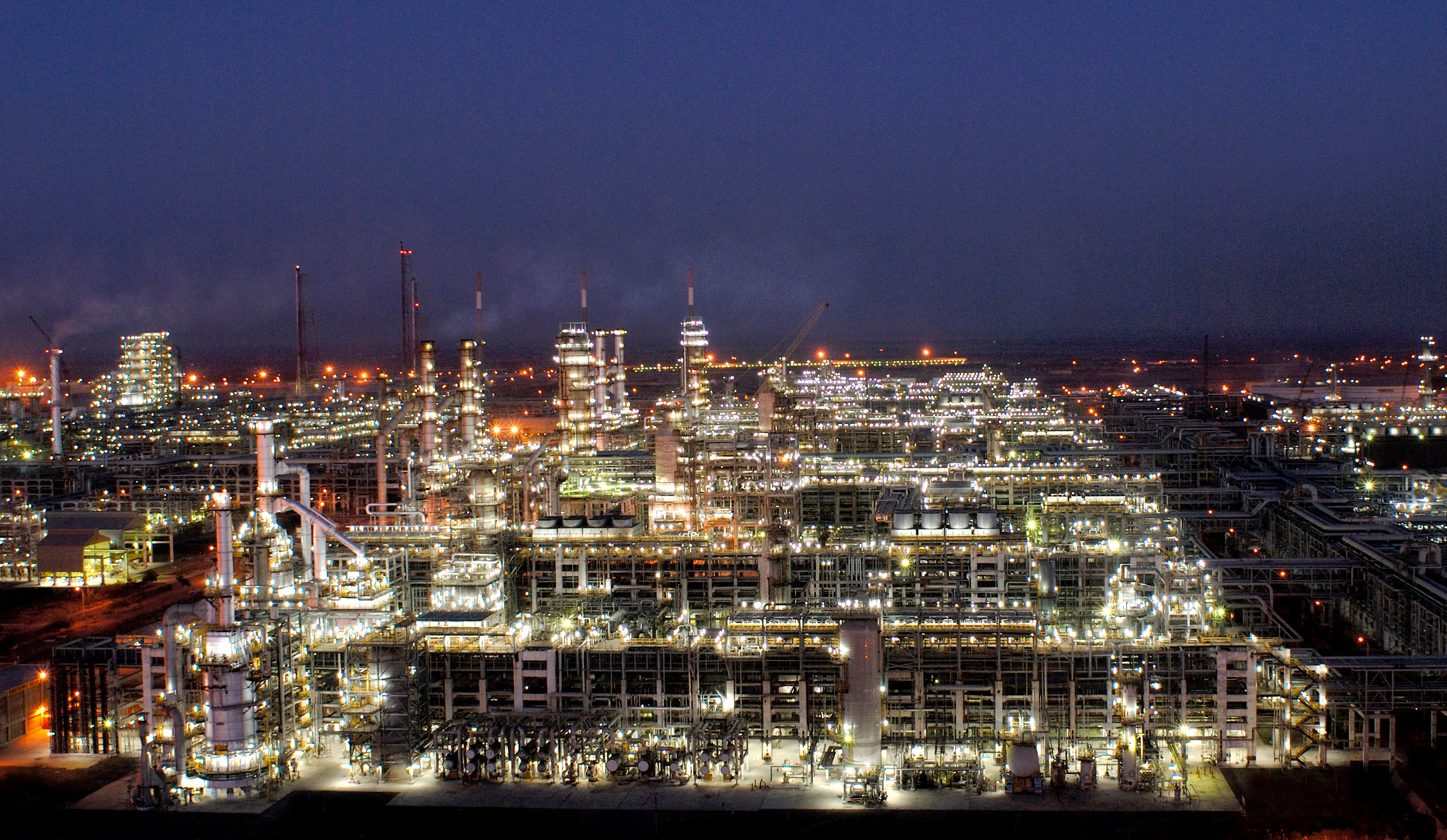Since taking office for the second time early this year, U.S. president Donald Trump has warned, pressured, and threatened India against buying Russian oil in an effort to push Vladimir Putin to negotiate an end to the war in Ukraine. Now, nearly 10 months in, he appears to have finally forced India’s hand with sanctions on two of Russia’s largest oil producers.
The latest American sanctions on Rosneft and Lukoil, which together account for over 5 per cent of the world’s oil output, have jolted the global oil market – and put Delhi in a difficult position.
Global oil prices rose by nearly 9 per cent on Thursday from their lowest of $60 at the start of the week, signalling widespread disruptions.
The sanctions, the first that Trump’s administration has imposed directly on Russia, mark the latest attempt to squeeze Moscow’s war chest and pile pressure on it to end the war.
Trump said he “just felt it was time” for action, calling it a very big day in Washington’s support for Ukraine, and confirmed the cancellation of a planned summit with Putin in Budapest due to what he described as a lack of progress in negotiations.
In addition to Russia, the sanctions are expected to affect China and India, the largest importers of Russian oil. The Asian economic giants have both come to rely heavily on cheap Russian crude since the war in Ukraine led Europe to phase out its dependency on Russian energy.
Analysts said the flow of Russian crude into India would take a hit and the import bill for its refiners would rise in the absence of the steep discounts previously offered by Russian exporters.

The magnitude of these sanctions appears “far-reaching” and could have a real impact compared to the price caps and other restrictions imposed by the G7 members in 2022, Sanjay Kumar Kar, a professor at Rajiv Gandhi Institute of Petroleum Technology, told The Independent.
However, the US would struggle to sustain these sanctions, as multiple superpowers are affected, he added.
Russia had earlier succeeded in circumventing the G7price caps, which imposed a financial penalty on Moscow, but allowed the Russian oil to remain in the market. Still, the measure dealt a financial blow to Moscow: reduced revenues for Russian oil companies translated into lower tax receipts for the government. The latest round of sanctions aims to amplify that impact.
“US sanctions adversely impact the oil trading nations, most importantly, it creates huge inconvenience for the leading oil importing nations, of course, it impacts the sanction-receiving country and its companies,” he explained.
“Recent sanctions on Rosneft and Lukoil are likely to cause global crude oil demand-supply imbalance and price fluctuations. Major buyers of Russian crude would recalibrate their crude oil import strategies, possibly realign their crude import basket,” Prof Kar added.
India has imported nearly 1.7 million barrels of Russian crude per day so far this year, while China has bought another 2.2 million barrels.
India now counts Russia, a key defence and trading partner since the Soviet era, as its biggest energy supplier, in a significant pivot away from the Middle East.
In 2021, before the Ukraine war began, Russian crude accounted for just about two per cent of the Indian oil imports, making it the South Asian country’s 10th largest supplier. In the last 15 years, New Delhi fulfilled some 60 per cent of its needs from Persian Gulf countries, with Africa and South America making up the rest.
All that changed in 2022, when Western sanctions prompted Russian oil companies to turn their sights to relatively untapped and more lucrative markets in Asia, particularly India, where Russian exporters began selling discounted barrels.
The impact of the latest U.S. sanctions is already being felt in India: the biggest customers of Russian crude in the country are reportedly suspending imports.
Reliance Industries, the largest Indian buyer of Russian crude, said it was recalibrating its imports.
“Recalibration of Russian oil imports is ongoing and Reliance will be fully aligned with GOI guidelines,” a Reliance spokesperson said, in response to a query on whether the company planned to cut its crude imports from Russia.
Reliance plans to reduce or cease imports of Russian oil and may even halt purchases under its long-term deal with Rosneft, unnamed sources told Reuters.

Reliance Industries, owned by Mukesh Ambani, a billionaire considered close to prime minister Narendra Modi, operates the world’s largest refining complex in Jamnagar in the western state of Gujarat. It has a long-term agreement to purchase 500,000 barrels a day of crude oil from Rosneft. The company also sources Russian crude through intermediaries.
State refiners Indian Oil Corp, Bharat Petroleum Corp, and Hindustan Petroleum Corp are also reviewing their trade documents to ensure that no supply comes directly from Rosneft or Lukoil, people familiar with the matter said.
An unnamed source at a state refinery said there would be “massive cuts” in purchases of Russian crude, although they “don’t anticipate it will go to zero immediately, as there will still be some barrels coming into the market”.
Rosneft and Lukoil together account for 60 per cent of the Russian oil bought by India, Prashant Vashisth, vice president at Moody’s affiliate ICRA Ltd, said.
“While India can substitute the purchases from Russia with suppliers from the Middle East and other regions, the import bill for crude oil would increase. On an annual basis, the replacement by market-priced crude would lead to an increase in the import bill by less than 2 per cent,” Vashisth said.
Helima Croft, an analyst at RBC Capital Markets, noted that the secondary sanctions would force refiners to “forego Russian barrels”.
The U.S. Treasury has given companies until 21 November to wind down transactions with the Russian oil producers, according to a statement released Wednesday.
Oil and gas revenues account for roughly a quarter of Russia’s budget, according to its finance ministry. This means any sharp fall in exports or earnings will deliver a blow to Moscow’s war chest.
According to the finance ministry, Russian energy revenues, which come mainly from oil, fell 20 per cent year on year in the first nine months of 2025.
Prof Kar said the US’s sanctions on Rosneft and Lukoil could potentially dent their cash flows, but it may not be sufficient to bring Russia to the negotiation table.
“If these sanctions fail to achieve the stated objectives, that would mark the end of the ‘sanction era’ and ‘superpower of imposition’”.
Russia pushed back against the sanctions as an “unfriendly act” but insisted that they would not significantly affect its economy and instead increase oil prices.
"This is, of course, an attempt to put pressure on Russia," Putin said, referring to the new U.S. measure. "But no self-respecting country and no self-respecting people ever decides anything under pressure."
Asked about Putin’s comment that the latest sanctions wouldn’t have a significant impact, Trump told reporters later on Thursday: "I'm glad he feels that way. That's good. I'll let you know about it in six months from now."
Delhi starts trial to combat severe air pollution with artificial rain
North Korea builds memorial to soldiers killed fighting for Russia against Ukraine
Trump’s tariffs are killing Kashmir’s centuries-old carpet industry
Hope for tariff breakthrough as White House confirms Trump to meet Xi Jinping
British streamer Sam Pepper banned on Kick after Diwali fireworks stunt injures girl
Passenger jet forced to make emergency landing after reporting mid-air fuel leak







